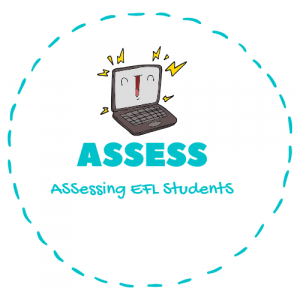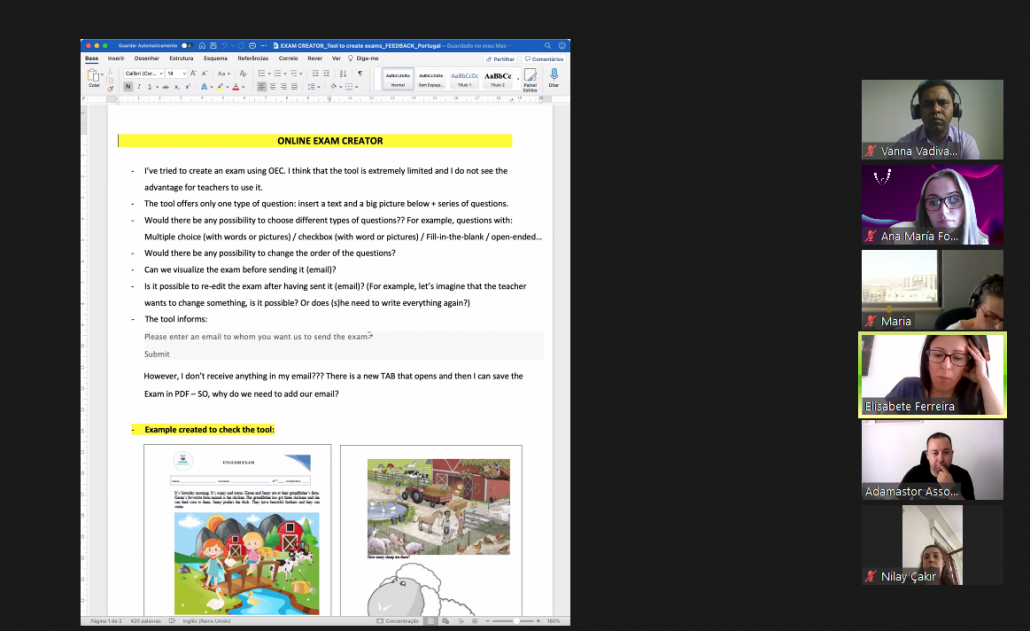Assessment of learning and Assessment for learning
Assessment is an integral part of instruction, as it allows to determine whether or not the educational goals or standards are being met and it provides data for instructional planning and decision making.
There are two main types of assessment, each occurring at different points in the teaching and learning process: assessment of learning and assessment for learning. The current trend in education is the presence of both assessment systems in order to provide valid and reliable information about pupils’ achievement.
Assessment of learning involves looking at assessment information at the end of key segments in a teaching and learning cycle or at the end of the teaching and learning process to rank students’ achievement levels against a standard. It is summative and it involves standardized tests.
Assessment for learning embeds assessment processes throughout the teaching and learning process in order to readjust strategies and methodologies to enhance and guide learning. It is formative and it can include test data as well as other quantitative and even qualitative or descriptive data. Basically, in the assessment for learning, the test data is just one data element among others and the assessment process is constant rather than a single point in time.
To support teachers in the evaluation process, the six partners of Project ASSESS continue to work on the Online Exam Creator Platform in order to improve its potential and make it a valuable resource for EFL teachers. Exams covering the different linguistic skills, audio files, rubrics, worksheets, images, flashcards will be soon available to be used as formative or summative assessment and our Online Exam Creator will allow to create exams easily and quickly according to the learners’ level.
As part of the project activities, our partner from Greece, with experience in the training in the field of language education, is organizing a five-day training course whose main aim is to present the platform to EFL teachers from the partner countries but also, addressing the common problems and challenges in the assessment in EFL, in particular as regards speaking and writing assessment. The training will take place in Athens in the beginning of September.





